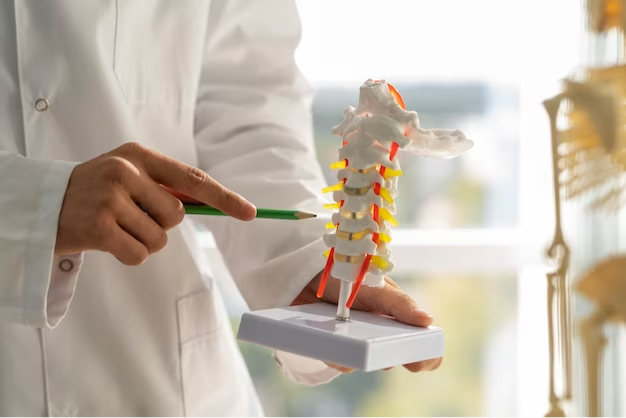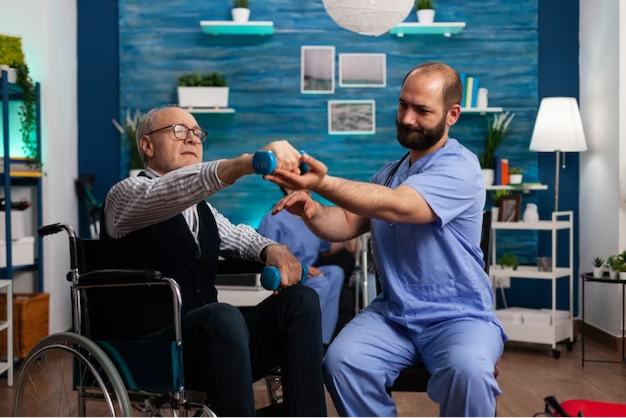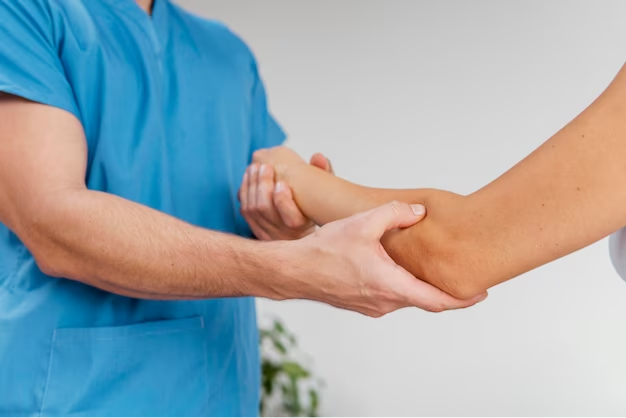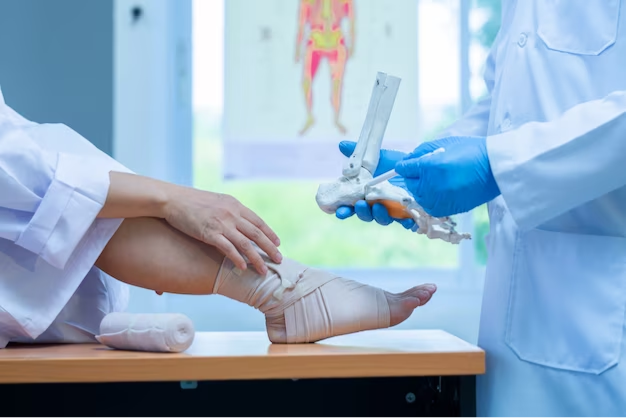Introduction
Orthopedic health plays a vital role in our overall well-being, and as such, it's essential to separate fact from fiction when it comes to understanding musculoskeletal conditions and care. In this article, we'll debunk some common myths and misconceptions about orthopedic health to provide clarity and promote better musculoskeletal care for everyone.
Myth 1: Orthopedic Issues Only Affect the Elderly
One prevalent myth is that orthopedic issues exclusively affect the elderly. While it's true that conditions like osteoarthritis become more common with age, orthopedic injuries and disorders can affect individuals of all ages. Sports injuries, accidents, and genetic factors can lead to orthopedic issues at any life stage.
Myth 2: Bed Rest Is the Best Treatment for Orthopedic Injuries
Contrary to popular belief, extended bed rest is not the best treatment for most orthopedic injuries. While some rest is necessary for recovery, immobilizing an injured joint or muscle for too long can lead to muscle atrophy and stiffness. In most cases, physical therapy and controlled movement are essential for optimal recovery.
Myth 3: Pain Medication Is the Only Solution
Another misconception is that pain medication alone can solve orthopedic problems. While pain relief is essential for managing symptoms, it is not a cure. Addressing the underlying issue through treatments like physical therapy, surgery, or lifestyle adjustments is crucial for long-term orthopedic health.
Myth 4: Orthopedic Surgeries Are Always Invasive and Risky
Orthopedic surgery has come a long way, and many procedures are now minimally invasive. These techniques involve smaller incisions, reduced risk of complications, and shorter recovery times. Orthopedic surgeons often explore these options before recommending traditional open surgery.
Myth 5: Orthopedic Conditions Can't Be Prevented
While some orthopedic conditions have genetic or age-related factors, many are preventable. By maintaining a healthy weight, exercising regularly, and practicing proper body mechanics, you can significantly reduce the risk of orthopedic issues. Preventive measures can also include activities like strength training, wearing supportive footwear, and using ergonomic workspaces.
Myth 6: Orthopedic Care Is Expensive and Inaccessible
Access to orthopedic care is often perceived as costly and exclusive, but this isn't entirely accurate. Many healthcare systems offer orthopedic services, and health insurance can cover a significant portion of the costs. Orthopedic specialists work with patients to provide the most effective and cost-efficient treatments.
Myth 7: Orthopedic Health Is Irrelevant for Those Without Pain
Orthopedic health is not only about addressing pain; it's also about maintaining the best possible musculoskeletal condition to prevent future problems. Regular check-ups, physical therapy, and lifestyle adjustments can be just as essential for individuals without pain as for those experiencing discomfort.
Myth 8: Braces and Orthopedic Devices Are a Sign of Weakness
Wearing braces, splints, or other orthopedic devices is not a sign of weakness. These tools are often prescribed to aid in recovery or to provide support and stability during the healing process. They can be critical in preventing further injury.
Conclusion
Dispelling common myths and misconceptions about orthopedic health is essential for promoting better understanding and more effective care. Orthopedic health encompasses a wide range of conditions and treatments, many of which are accessible, affordable, and preventable with the right knowledge and proactive measures. By staying informed and seeking professional guidance when needed, individuals can maintain strong musculoskeletal health and enjoy an active, pain-free lifestyle.
.pdf%20300X60%20PX-02-02.svg)



